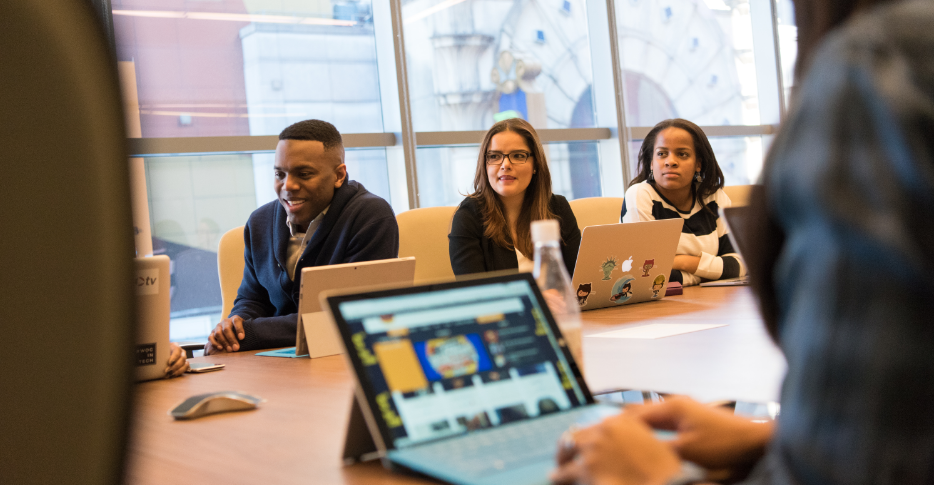
Silicon Valley Tech News Roundup – September 3rd
Sen. Chuck Schumer to host tech CEOs for AI insights forum – 8/30
Senate Majority Leader Chuck Schumer announced he will meet with CEOs from the world’s leading tech companies to discuss artificial intelligence regulations and policy making. The AI forum will happen on Sept. 13 on Capitol Hill. Mark Zuckerberg (CEO of Meta), Elon Musk (CEO of Twitter), Sam Altman (CEO of OpenAI), Jensen Huang (President of NVIDIA), and Sundar Pichai (CEO of Google) are confirmed to attend. Representatives of civil rights advocacy and labor groups will join the tech CEOs. The insight forum will take place behind closed doors and without press.
Sen. Chuck Schumer announced he will host nine forums to explore potential avenues to regulate AI. The forums will examine various topics like bias, high-risk applications, privacy, national security, and the potential implications of AI on the workforce.
In June, Sen. Schumer introduced the “Safe Innovation Framework for AI Policy.” It is a plan to create comprehensive legislation that would regulate and advance artificial intelligence and outlines ways to “protect, expand, and harness AI’s potential.”
China proposes new measures to limit the time minors spend on their phones – 8/21
The Cyberspace Administration of China released a new proposal designed to curb the amount of time children and teens spend on their phones daily. The restrictions, if passed, would require all mobile devices, app stores, and apps to have a built-in “minor mode.” Depending on the age group, it would restrict daily screen time to a maximum of two hours.
Children under 18 would not be able to access any screens between 10:00 PM and 6:00 AM. Likewise, children under eight could use their phones for 40 minutes. Those between 8 and 16 would get an hour, while teenagers between 16 and 18 would get two hours of screen time. Children using devices in “minor mode” would have their applications closed when the allotted time was up and get notifications to rest after using devices for 30 minutes.
The draft of the proposal also states mobile internet service providers should create content that “disseminates core socialist values” and “forges a sense of community of the Chinese nation.”
The latest measures might be challenging for tech firms, which are held responsible for enforcing regulations.
The EU Commission report – Tech firms fail to tackle Russian propaganda – 9/2
The latest report released by the EU Commission published on Wednesday reveals social media companies failed to stop large-scale Russian disinformation campaigns since the start of the war against Ukraine.
The report states: “In absolute numbers, pro-Kremlin accounts continue to reach the largest audiences on Meta’s platforms. Meanwhile, the audience size for Kremlin-backed accounts more than tripled on Telegram.” Further, the report reads: “Over the course of 2022, the audience and reach of Kremlin-aligned social media accounts increased substantially all over Europe.” The report also concluded that Russian disinformation increased on Twitter since Elon Musk purchased the platform. Per the report, the increase has been “driven in particular by the dismantling of Twitter’s safety standards.”
The EU introduced stricter regulation under the Digital Services Act (DSA) earlier this month. All platforms with more than 45 million monthly users must comply and more aggressively police content like hate speech and disinformation.
Meta, Twitter, TikTok, and YouTube did not respond to requests for comment.
Twitter plans to use public data to train AI models – 9/1
According to a report by Bloomberg, Twitter plans to start collecting biometric data, employment history, and other personal information from users to train AI models. This information is a part of the updated company’s privacy policy published on Thursday. The changes will be implemented starting on September 29th.
The privacy policy states company may store and use biometric data “for safety, security, and identification purposes.” Further, the policy states: “We may use the information we collect and publicly available information to help train our machine learning or artificial intelligence models for the purposes outlined in this policy.”
Regarding the employment history, the policy states: “We may collect and use your personal information (such as your employment history, educational history, employment preferences, skills and abilities, job search activity and engagement, and so on) to recommend potential jobs for you, to share with potential employers when you apply for a job, to enable employers to find potential candidates, and to show you more relevant advertising.”
Musk confirmed the latest development on Twitter but stressed the company will collect only publicly available information. The company did not reply to a request for comment.
